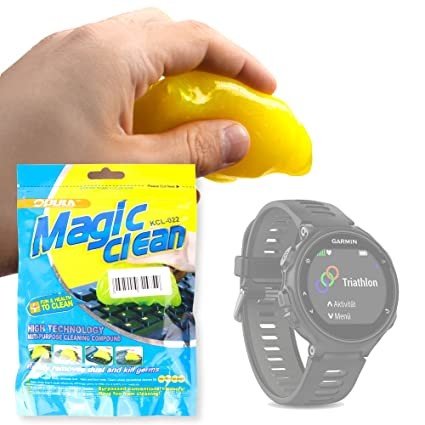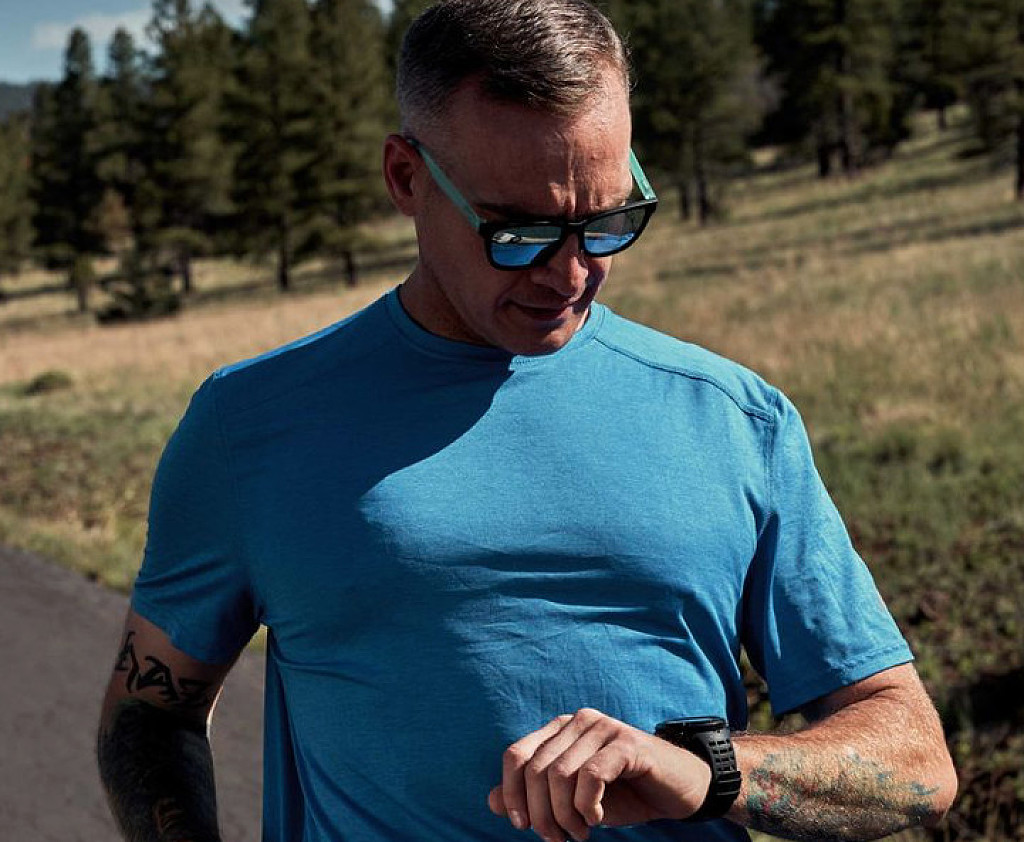Running News Daily
Running News Daily is edited by Bob Anderson. Send your news items to bob@mybestruns.com Advertising opportunities available. Train the Kenyan Way at KATA Kenya and Portugal owned and operated by Bob Anderson. Be sure to catch our movie A Long Run the movie KATA Running Camps and KATA Potato Farms - 31 now open in Kenya! https://kata.ke/
Index to Daily Posts · Sign Up For Updates · Run The World Feed
Do I Need to Clean My Watch and Shoes After a Run to Slow the spread of the Coronavirus?
Cleaning your tracker or phone after your runs can help cut down on the spread of germs.
Though not likely a way coronavirus will spread, keeping your shoes outside the door and washing your running clothes after a run, especially after being in high-traffic areas, are precautions you can take.

Overall, there’s no harm in taking extra precautions when coming in from a run, but the risk is not in being outside—the risk is in being close to other people.
Slowing the spread of coronavirus is at the top your mind right now with everything you do. You’re running alone, working out at home, maintaining at least a six-foot distance from other runners or people you might encounter outside, and staying home if you feel sick in order not not spread the virus to others.
And while logging your runs in Strava might be the new way you’re connecting with other runners from afar, with group running a no-go right now, have you given thought to how often you should clean your fitness tracker and phone? And we know you’re scrubbing your hands the minute you get in the door after a run and washing your sweaty clothes as normal, but what should you do with your shoes?
A new analysis in The New England Journal of Medicine found the virus can remain viable in the air for up to three hours, on copper for up to four hours, on cardboard up to 24 hours, and on plastic and stainless steel up to 72 hours. The World Health Organization (WHO) explains that airborne transmission may be possible in certain circumstances, such as during procedures in hospitals, this is different than droplet transmission, which happens when a person is in close contact (within one meter) with someone who has respiratory symptoms. So you shouldn’t be worried about going outside for a solo run.
But because the virus can last for a while on surfaces, you may risk coming in contact with the virus (or other germs) on your tracker or phone if your device happens to come in contact with droplets containing the virus. If you then touch your tracker and later your face, you are at risk of infection.
While you should be cleaning your phone and fitness tracker often, as they can already harbor germs and get generally gross and gunky from sweat, you probably didn’t before. But now is a good time to start. Here's how:
Apple Watch - Use a 70 percent isopropyl alcohol wipe or Clorox Disinfecting Wipes to gently wipe the exterior surfaces of your watch or band (unless it’s fabric or metal).
Don’t use bleach and be sure to avoid getting moisture in any openings, and don’t submerge your Apple Watch in any cleaning agents, according to Apple.
Fitbit - Fitbit recommends regularly cleaning your band and wrist—especially after working out or sweating.
Rinse the band with water or wipe it with a small amount of rubbing alcohol (according to the CDC, isopropanol over 70 percent has been found to kill viruses similar to Coronavirus).
Don’t use hand soap, body soap, dish soap, hand sanitizers, cleaning wipes, or household cleaners, which may get trapped beneath the band and irritate skin.
Always dry the band well before putting it back on.
Garmin - Garmin suggests regular cleaning of your devices to prevent buildup of sweat or other particles.
Clean silicone or TPU elastomer bands with rubbing alcohol and a lint-free cloth, followed by rinsing with water.
Allow the band to dry before wearing.
As for keeping your shoes outside after a run or tossing your clothes in the wash? Washing your clothes (and drying them on high heat if possible) and ditching your shoes on your porch postrun is something David Nieman, D.PH., health professor at Appalachian State University and director of the Human Performance Lab at the North Carolina Research Campus would recommend until we learn more (especially if you’ve been running in crowded areas).
However, as Brian Labus, Ph.D., MPH, assistant professor in the School of Public Health at the University of Nevada Las Vegas explains, there’s not much risk of catching coronavirus from your shoes after a run, as you were not wearing them in the hospital while you took care of sick patients. You can keep doing whatever you normally would do with your shoes after a run. If it gives you some peace of mind to leave them outside, there is nothing wrong with that.
Overall, there are no special precautions you need to take after returning from a run. The risk is not in being outside, the risk is in being close to other people, Labus says. Most important, remember to thoroughly wash your hands when you get back from a run, avoid touching your face and traffic buttons, and run alone.
by Runner's World
Login to leave a comment




